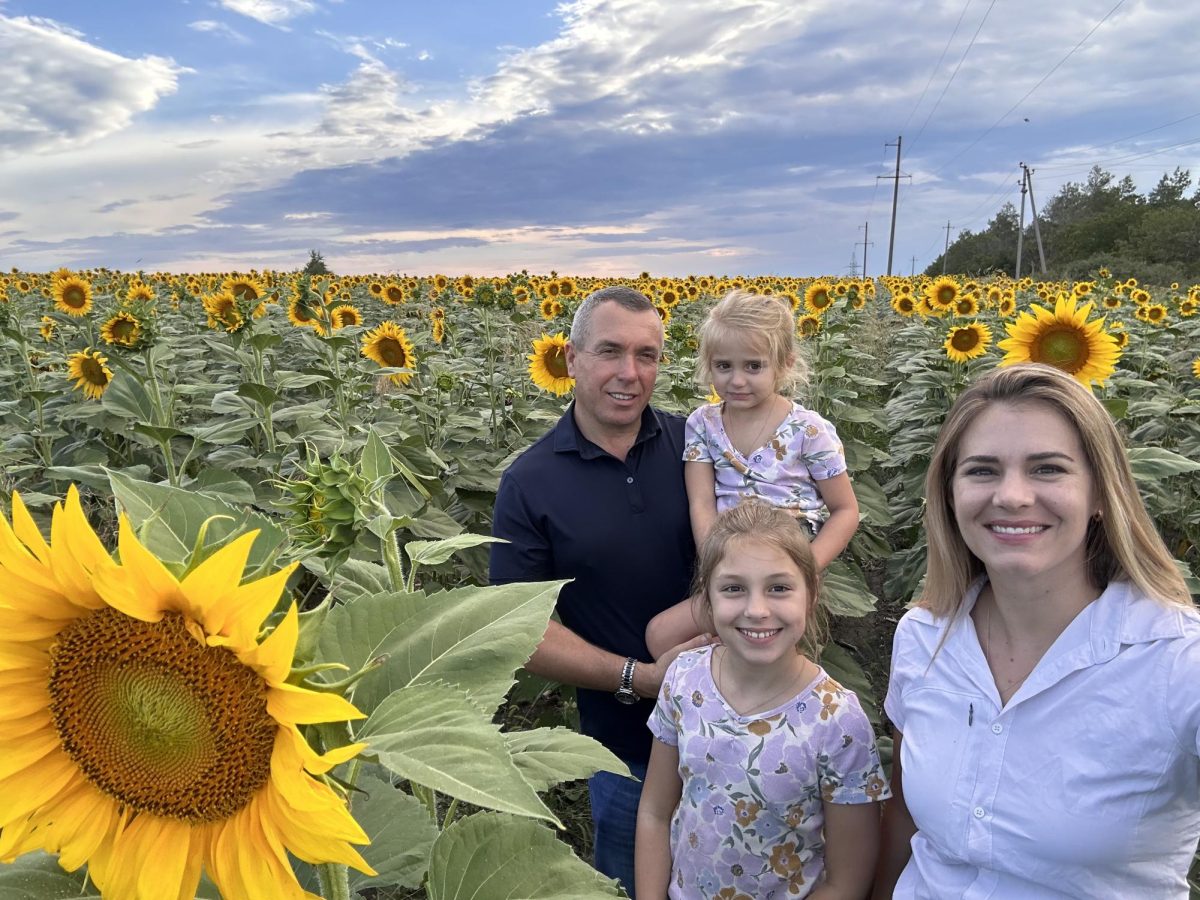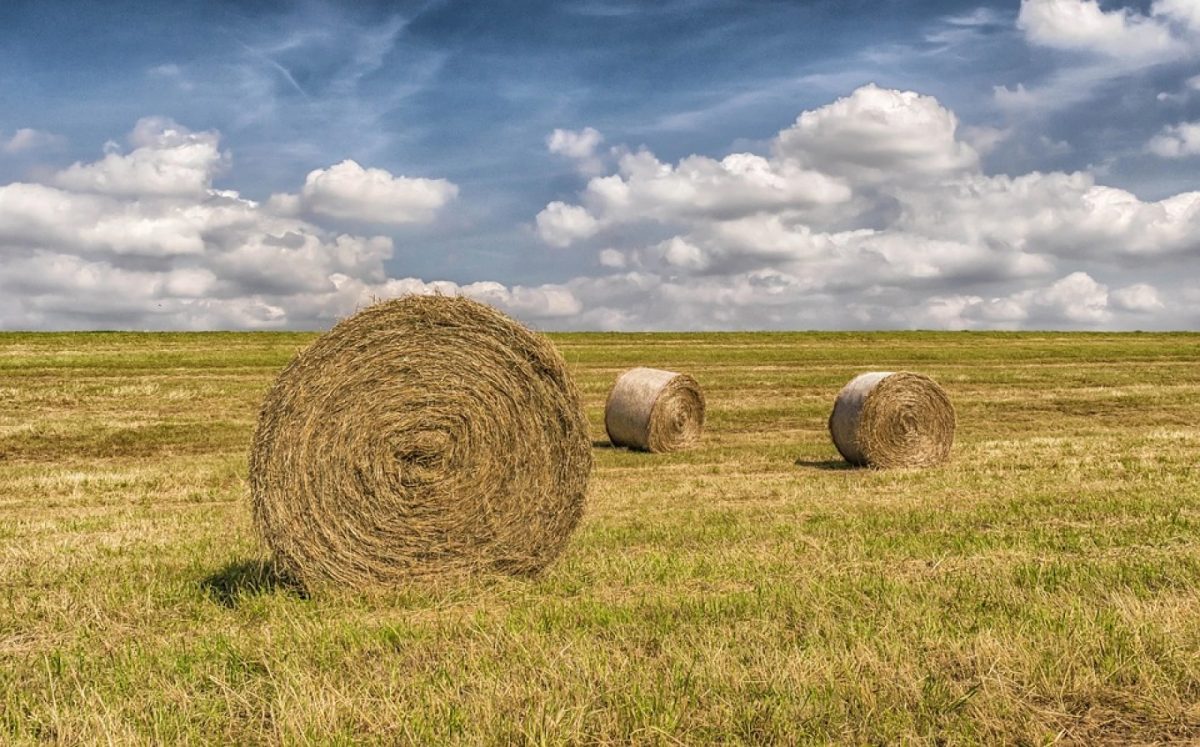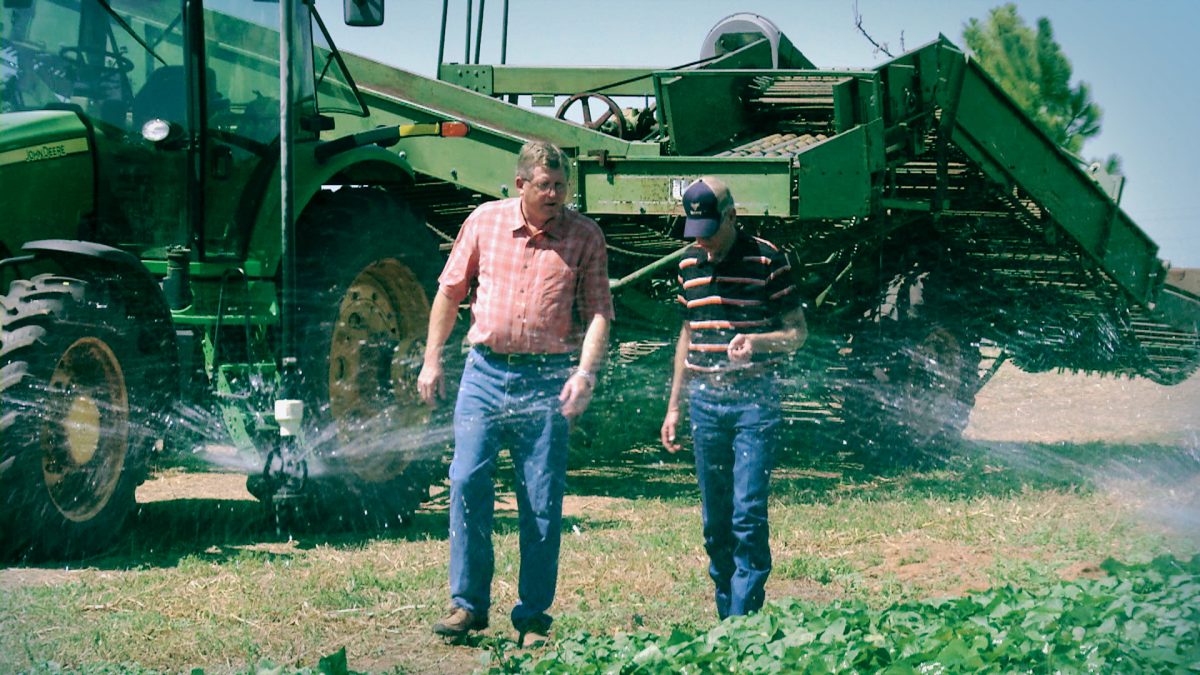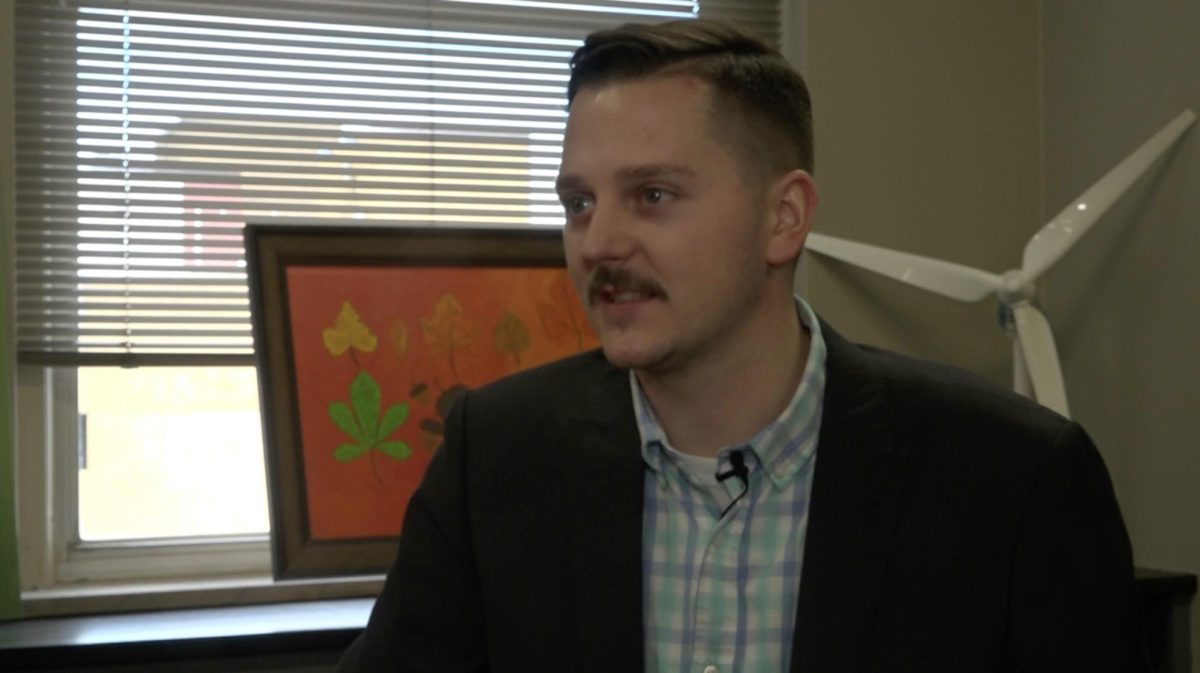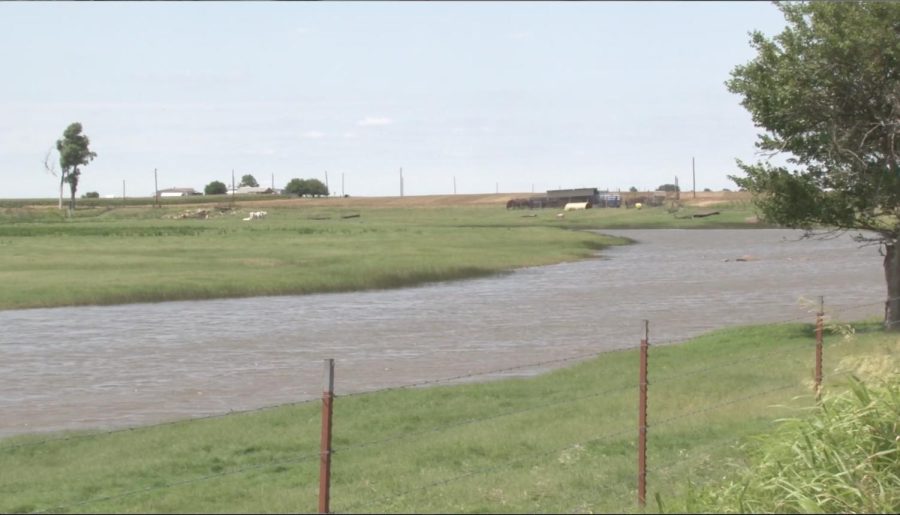From a farm in Oklahoma to growing wheat in Moldova, Kelsey Walters is now looking to her past to secure her future.
Walters grew up on her family’s sixth-generation farm in western Oklahoma. She graduated from Oklahoma State University with a degree in agriculture economics, and was placed in Moldova as a Peace Corps volunteer where she met her husband, Iurie, and began a wheat farming operation.
But now their livelihood and that of wheat growers across Oklahoma is threatened by the war in Ukraine. Russia has re-opened ports out of the Black Sea and Ukraine is exporting low-priced wheat, which means American farmers are struggling to match those prices and still make a profit. Some Oklahoma farmers are looking toward alternate crops.
Since the invasion, Russia has gained roughly 20% of Ukraine’s farmland, seizing control over production and exports, according to Farm Progress. Ukraine, which grows more wheat than it needs for its population, was unable to export during the early days of the war.
“We have about 15 fields that are on the border with Ukraine,” Walters said of their 6,000-acre multi-crop operation. That has resulted in tight security from border guards, and refugees from Ukraine have walked through their fields, she said.
Exporting her goods through the Danube River, Walters found it difficult to move her products after the war began. Walters plans to return to western Oklahoma with her two young daughters who have been affected by the war and she wants more stability for them.
“Things do not look like they’re going to settle down here anytime soon,” Walters said. She said the only grandparents live in Oklahoma.
“There’s a magic window of possibility when all the grandparents and grandkids can all play together … go down to the creek together. And we don’t want to miss that.”
Wheat faces international price fluctuations due to production and export problems caused by the war. And that’s driving up demand.
“It [wheat] provides about 20% of the world’s caloric intake every day. So it’s a hugely important crop. It’s a political crop,” said Vince Peterson, president of U.S. Wheat Associates, a company founded by farmers after World War II to help ensure the quality and reliability of wheat production.
“When the war first broke out, the fear was that it was going to shut down all shipments out of the Black Sea from everybody, and so markets reacted immediately with quite a spike upwards,” Peterson said.
“All of a sudden now you have Ukrainian wheat coming into that market and flooding the market and severely depressing prices in eastern Europe that caused another ripple effect.”

The price for international wheat has dropped below the domestic price per bushel. That led to more imports than exports, causing American wheat farmers to suffer financially.
The U.S. Department of Agriculture Economic Research Service is predicting a decrease in net farm income of $43.1 billion (27%) in 2024 relative to 2023. Researchers predict that American farmers who specialize in wheat will suffer the most.
Scott Blubaugh, president of the American Farmers and Ranchers Union in Oklahoma, said he grew up in Oklahoma and farming is all he has ever known. Now his income is at risk.
“We’re seeing some really strange market things that are happening that I’ve not ever seen in my life,” Bluebaugh said. He said exports are projected to be down 21% this year.
“We just continue to see the markets erode and go away so our farmers don’t have any choice but to try to do something else with the land, plant a different crop,” Bluebaugh said.
Mike Schulte, executive director of the Oklahoma Wheat Commission, said he still has hope for the future of wheat farming.
“Right now it is impacting us because there was a year and a half of production from that region of the world that was not getting exported into the global export market,” Schulte said.
“And now that they have found different avenues for the wheat to move into different regions, it kind of created a glut that then was all dumped into the global marketplace at one time.”
The Oklahoma Wheat Commission funds development and education programs for farmers.
“While we’re facing challenges right now, our hope is that we can keep those programs in place so we can move forward,” Schulte said.
Many question why the U.S. market has been negatively impacted if it’s not in direct competition with Russia and Ukraine.
Third District U.S. Rep. Frank Lucas, a Republican who serves on the House Agriculture Committee as well as the Science, Space and Technology and Financial Services committees, said “we don’t necessarily compete for the same direct markets, but the war has disrupted farming in Ukraine.”
“It’s disrupted their transportation abilities to bring it out and probably has helped drive up food prices for people around the world,” Lucas said.
“I think right now everybody is just holding on, right? If you’re a farmer, you’ve got to really batten down the hatches and like stay, stay put,” Walters said.
Walter said she will return to Oklahoma and support her family as they manage their Hereford cattle operation.
“My daughters will become involved in 4-H and FFA and hope to each have show animals when they are in junior high school,” Walters said.

